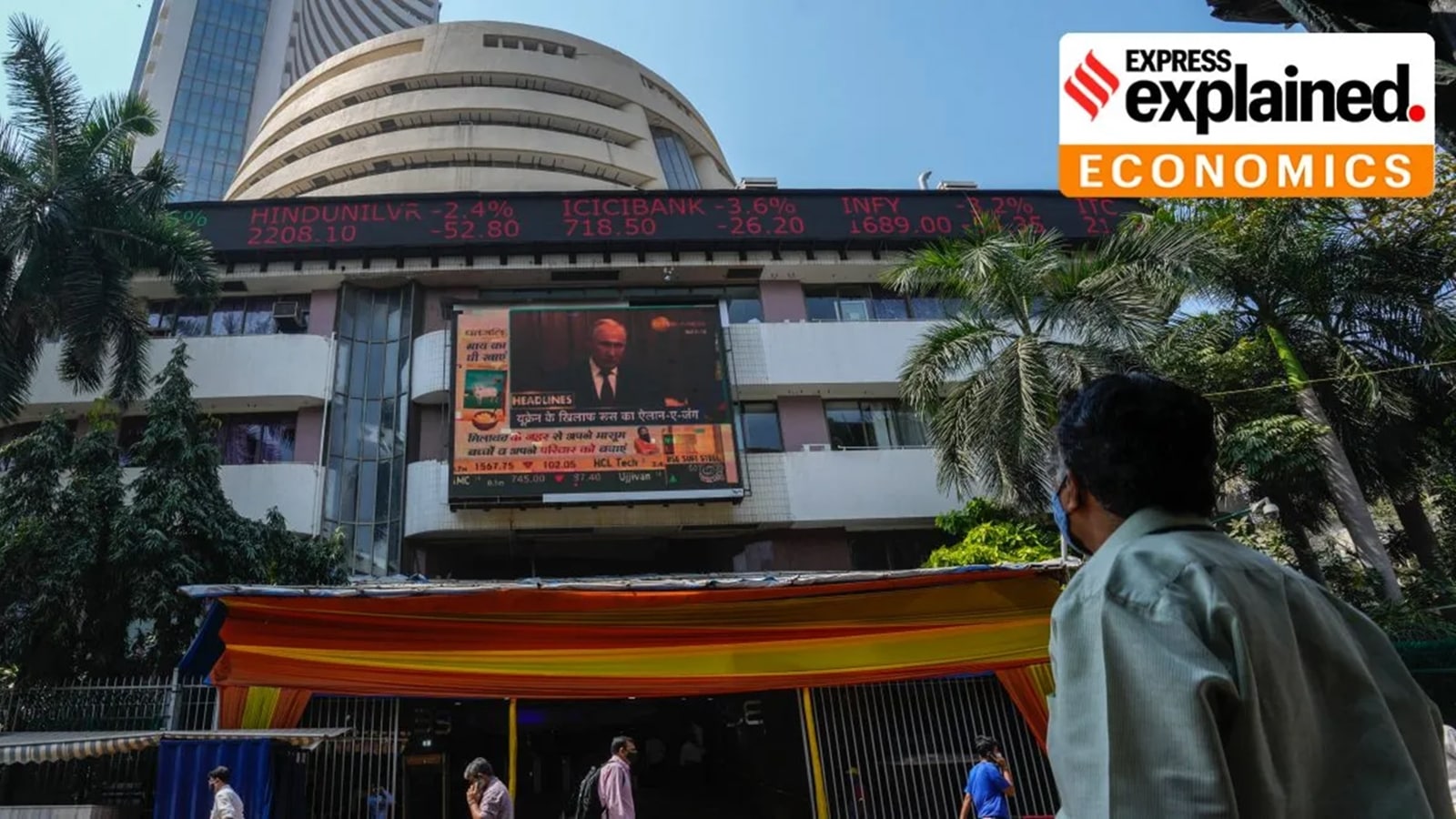 |
|
The Indian stock market, represented by the Sensex and Nifty indices, is poised for a volatile Monday, following the release of the Union Budget 2025-26. The budget, while aiming for consumption-led growth through reductions in personal income tax rates, also introduced a controversial increase in long-term capital gains (LTCG) tax for Foreign Institutional Investors (FIIs). This conflicting set of policies creates uncertainty and presents a complex picture for market analysts and investors alike. The Saturday session, while ending relatively flat, showcased this volatility with benchmark indices fluctuating throughout the day, reflecting the initial market reaction to the budget announcements.
The proposed increase in LTCG tax for FIIs from 10% to 12.5%, effective April 1, 2026, is a significant factor expected to influence market behavior on Monday. Analysts predict intensified selling by FIIs, potentially exacerbating the downward pressure on indices. While some, like VK Vijayakumar, Chief Investment Strategist at Geojit Financial Services, downplay the impact of this marginal increase, others, like G Chokkalingam, Founder & Head of Research at Equinomics, foresee substantial sell-offs due to this and the weaker rupee. The already significant FII selling witnessed in January 2025, amounting to Rs 78,027 crore, adds to the concern regarding the potential magnitude of Monday's sell-off. The added pressure of a possible escalation of trade tensions between the US and other countries adds further uncertainty, potentially impacting global risk appetite and leading to further FII outflows from emerging markets like India. This risk extends beyond FIIs to potentially affect Indian exporters.
Counterbalancing the negative pressures, the budget's focus on consumption stimulus, manifested in the rationalization of personal income tax slabs and increased tax exemption limits up to Rs 12 lakh, offers a potential boost to domestic sentiment. The reduction in personal income tax rates aims to stimulate consumer spending, which is viewed as crucial for bolstering slowing consumption within the country. This shift in policy focus away from capital expenditure and towards increased consumer spending reflects a broader acknowledgment of the importance of a robust consumer base for sustainable economic growth. The initial market reaction on Saturday showed this sentiment in the increased share prices of fast-moving consumer goods (FMCG), consumer durables, and auto companies, suggesting a positive response to this aspect of the budget. The success of this strategy will however depend on the effectiveness of the tax cuts and whether it can counter the negative impact of increased FII selling.
The interplay between these opposing forces—the negative impact of increased FII taxation and the potential positive effects of consumption-led growth—will determine the overall market trajectory on Monday. The relatively flat performance on Saturday, despite the volatility, provides a limited indication of the market's likely response, but leaves significant room for unexpected changes in investor sentiment. The weaker rupee, coupled with global uncertainties, adds further complexity, making precise market predictions challenging. The market's response will therefore hinge upon a complex interplay of domestic and international factors, a weighing of the positive effects of the consumption stimulus against the negative effects of higher FII taxes and escalating trade tensions. The coming days will be crucial in gauging the overall impact of the Union Budget 2025-26 on the Indian stock market.
In conclusion, the Indian stock market anticipates significant volatility on Monday driven by contrasting factors emanating from the recent Union Budget. The increased LTCG tax on FIIs represents a substantial headwind, potentially prompting significant sell-offs, while the positive impact of consumption stimulus efforts remains uncertain and needs further evaluation. Global market conditions, especially the escalating trade tensions, further add to the complexity of predicting market trends. The market’s reaction will likely be shaped by the evolving balance of these forces, and monitoring the performance of FMCG and other consumer-related sectors will provide key insights into the success of the consumption-driven growth strategy.
Source: Explained: What factors will influence Sensex and Nifty on Monday?
